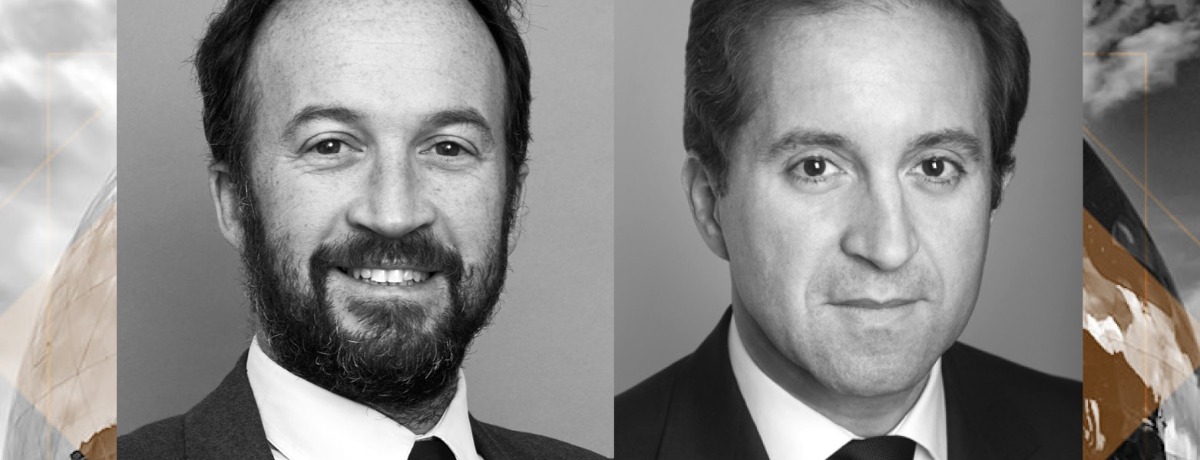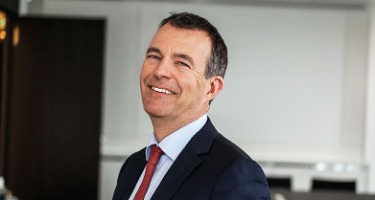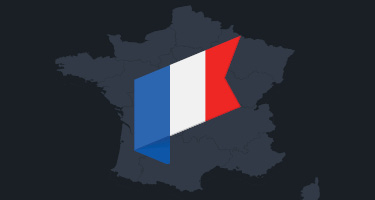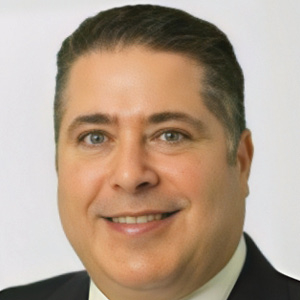For Cyril Bonan & Bertrand Cardi of Darrois Villey Maillot Brochier—France's 2020 “Law Firm of the Year” Honoree in Corporate Law, their firm’s mergers and acquisitions practice has been at the forefront of their success. Both gentlemen joined Phillip Greer, CEO of Best Lawyers, to discuss that and how they are helping their clients navigate the current business environment, including regarding protectionism and possible trade wars.
What are some of the cases you have worked on in the past year or two that you think helped the firm receive the recognition it has?
Bertrand Cardi: In regard to major M&A cases, I would distinguish two types of strategy: First, continuing to serve the firm’s long-standing clients with a particular focus on their most complex and significant deals. The second component of the strategy is to maintain our position as an indispensable player in complex, high-value transactions in Paris.
Regarding the first prong, deals for our key long-term clients, I would certainly mention the Alstom situation for Bouygues and, for Unibail, the merger with Westfield in Australia. I would also mention many M&A matters for the retail group Casino over the last five years, whether in France or abroad, the spinoff of Accor, the hotel group, and to finish within this category of key clients, I would mention Technip which merged four years ago with FMC, a U.S. group, and we are currently working on the spinoff of TechnipFMC.
In the second category, I would mention a new client Safran, which we advised on its transaction with Zodiac. We became involved in the deal because an activist was attacking the deal. Another recent example in the same category is the defense of Gemalto, which was approached by Atos and which turned to us as specialists in takeover defense. As part of the defense of Gemalto, we struck a deal with a white knight called Thales. This shows some landmark transactions as well as the firm's strategy and its market’s recognition.
Cyril Bonan: It shows the perfect link that we have in the firm between our two main activities, which are providing M&A advice and litigation. Because certain of the deals that were mentioned had a significant potential to become litigious.
One example Bertrand mentioned is Casino for whom we have done many M&A transactions. We also assist the client both in its proceedings before the AMF and disputes with some short-sellers, as well as in various disputes over the years, including with a former joint venture partner We have done the same in the XPO case for example, in which we have assisted the client on the acquisition, as well as the subsequent litigation with an activist.
We play a similar role for a long-standing major client, Bouygues. If we take the example of the contemplated transaction of the French mobile operators, we have both assisted Bouygues in the deal, which failed, but we are also assisting the same client with an important litigation against its main competitor, Free.
I can also mention, for example, Danone, a client that we have assisted in various acquisitions, for example, in Turkey or in Morocco, and also in an important dispute, in New Zealand with its main milk supplier.
Are protectionism and trade-war turmoil causing any notable headaches for your cross border and international clients? You mentioned a couple of examples. What are some things that are happening in the economy? What kind of headaches and causes are you seeing?
CB: It is easy to see that there have been some tensions. For example, I remember that it was now five/six years ago that one of our main clients, Danone, had a very important case in China. Before China announced publicly that there would be turmoil in its international relationships, we had noticed some changes in the Chinese market and it started with some important litigation and arbitration in that country; now everything is public.
Sometimes, our clients face difficulties in advance, before the public realizes that there are some very important changes in economic relations between countries.
I mentioned China; we saw the same thing with Morocco and Turkey. An interesting new development for us in the last five, 10 years, is that many of our French clients ask us to assist them in countries where we have a local law firm that we work closely with. We clearly have the capability to assist them in those countries on the litigation side. On the M&A side, I leave the floor to Bertrand.
BC: On the M&A front, we see not only protectionism and trade wars but also antitrust regulators impacting deals, and the largest deals, in particular, are more difficult to get through. Over the last years, there were some major failed deals which were in one way or another linked to that. For example, within Europe, we worked on the merger between Alstom and Siemens, which failed for antitrust reasons.
We can also see that, in a number of deals, the French state is much more demanding in its negotiations with respect to the treatment of sensitive activities. The French state has also recently implemented the extension of the definition of such sensitive activities for which its approval is required.
So, clearly, this is impacting deals every day. This is making them more difficult, and this a reason why clients need more experienced and sophisticated lawyers to get deals through.
CB: You can also mention that the European and French officials begin to understand that a sort of protectionism may be useful for the French economy and they inspire themselves from what has been done in the U.S. For example, we have assisted some clients in France where they are facing foreign and criminal investigations and negotiations with the prosecutor in order to settle the cases by paying significant fines to the French government.
We have assisted Google recently. We are assisting Lafarge. These major companies are facing very large investigations led by the French government in order to achieve financial settlements to impose a new sort of economic order.
This interview has been edited for length and clarity.
If you need experienced legal representation, use the Best Lawyers Find a Lawyer tool to connect with legal professionals ready to guide you.

































